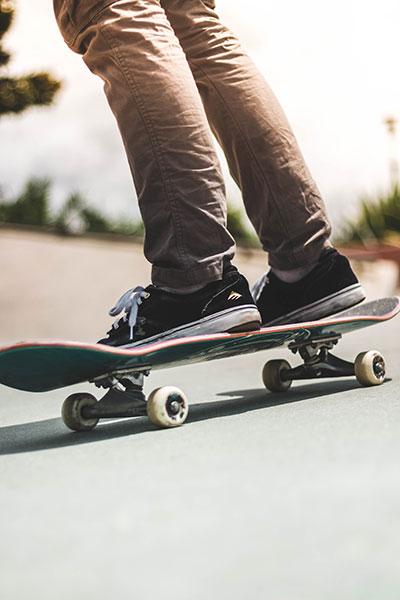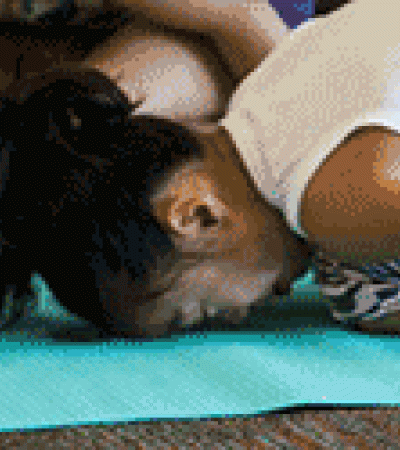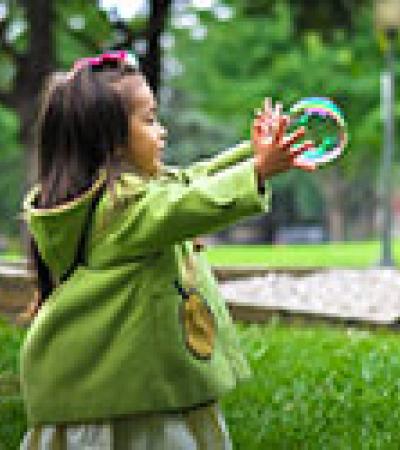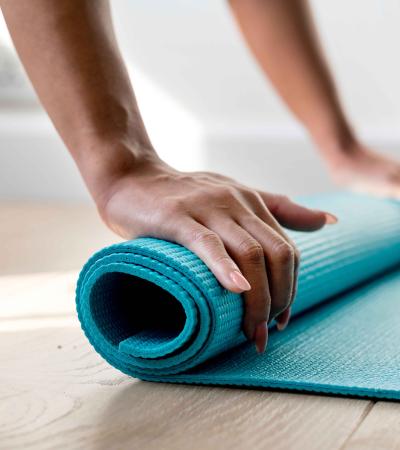The library can play a role in promoting healthy exercise and activities by sponsoring outdoor activities and lessons. One such activity my library has chosen to sponsor is skateboarding lessons for teens at our local skate park, simply called Learn to Skateboard.
A skateboarding partnership is born

The Parks and Recreation Center of Saratoga Springs offers a summer skateboarding clinic for kids ages 4 to 8, for a fee, for recreation center members. It’s an amazing opportunity for little ones to be introduced to the sport and is totally adorable to watch.
Knowing my regulars in the library’s Teen Room would be interested in a “cool” sport, and that they could benefit from an outdoor activity, I reached out to the rec center.
The library, the skate instructor and Parks and Rec struck a deal: the library would receive a reduced rate for their sponsorship and offer the classes for free to students with signed parental applications.
Defining roles
Instructor Benj Gleekman has over three decades of skating experience and is an incredibly positive person for kids or anyone else to be around.
“Being an instructor has allowed me to (hopefully) present skateboarding to kids and parents in a positive light,” says Gleekman. “For me it is both physically and mentally therapeutic, and I hope that by sharing it with kids and families, they can find the same sense of joy and wellness that I have gotten from it for 31 years.”
As teen services librarian, my role in this collaborative program is to meet everyone at the skate park, collect applications and introduce everyone. I act as a familiar intermediary for students who are interested in trying something new.
Promoting physical exercise is a goal of mine, and for teens, it can potentially become a lifelong healthy hobby. Being at the skate park also gives me an opportunity to talk to parents about all the other programs the library offers for all ages.
Benefits of active programs
Libraries are playing an increasing role in offering healthy activities for patrons. One of the easiest audiences to forget about are our teenagers, who are not reaching minimum daily physical exercise goals set forth by the Center for Disease Control and Prevention.
Nearly three in four high school students do not meet the daily recommendation for physical activity, according to the most recent Youth Risk Behavior Surveillance System report, a biannual measure of self-reported health behaviors among U.S. high school students released by the Centers for Disease Control and Prevention. The report also shows that in recent years, high schoolers are spending more recreational time on computers and watching less television.
Learn to Skateboard aims to introduce a physical activity to students who may not otherwise participate in sports lessons, whether it’s because they can’t afford lessons or equipment, or were just unaware of the existence of the lessons. Some students will refuse to act outside of their comfort zone, but for those who are open, helping them discover their own abilities while getting physical exercise is very rewarding. Learn to Skateboard is just one way to do that.
And there are bonus results: Learn to Skateboard is a fun outreach program for me (yes, I’ll gladly sit and chat outside in the sun!), and it fosters a community partnership with the Parks and Recreation Department.
Areas of improvement and expansion
Since beginning this summer program, we’ve had three Learn to Skateboard programs at the skate park, with another three scheduled for this fall. Participation has grown with each event, and I hope to make this an ongoing seasonal series. To complement the success of this program, I would like to create a non-traditional borrowing collection of skateboards and accessories to lend to students.
Bringing in more partners to expand the scope of the program is also a possibility. The Harris County Public Library in North Houston, Texas, partnered with their local skate shop and skate park to offer skateboard building workshops. I could see this being a huge hit among tweens and younger kids.
Next year, my library hopes to be able to circulate Empire Passes, which allow bearers to go to New York state parks for free. This is another amazing way the library can support outdoor activity, fostering a love of nature and exploration.
But what about books?
Sometimes it’s OK for a library’s programming to not be book-related. I could bring some skate books to the park, but I’m not going to. Instead, I talk to the kids about where to watch awesome skaters, who some legendary skaters are, and where the nearest skate shops are. If they want some books or videos at the library, they’ll get them. I just don’t push it.
Like anything else, we can shake our fists at the sky and complain about how kids aren’t reading enough or exercising enough or eating their organic artisanal kale, or we can just offer them something totally different and let them come to us. This is one of those things.



